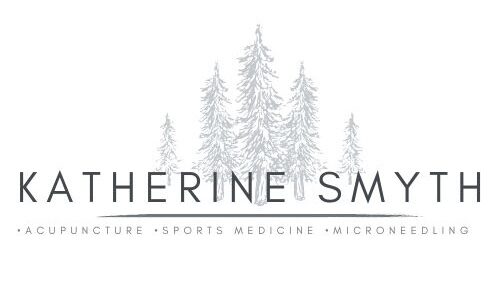
Knee pain affects millions of people, from athletes to those with chronic conditions like arthritis. This common issue disrupts daily activities and lowers the quality of life. Acupuncture, an ancient practice rooted in Traditional Chinese Medicine (TCM), offers a scientifically supported solution to alleviate knee pain and promote healing. By focusing on motor points and understanding the mechanisms of acupuncture, we can explore how this practice addresses modern health challenges.
Understanding Knee Pain: Causes and Symptoms
Knee pain arises from various conditions, including:

- Osteoarthritis: The degeneration of cartilage in the knee joint leads to pain, stiffness, and swelling.
- Patellar Tendinitis: Also known as “jumper’s knee,” this condition involves inflammation of the tendon connecting the kneecap to the shinbone.
- Meniscus Tears: Injuries to the knee’s cartilage can cause pain, swelling, and limited mobility.
- Ligament Injuries: Damage to ligaments, such as the ACL, results in significant pain and instability in the knee.
Each of these conditions contributes to inflammation, tissue damage, and restricted movement. Addressing the root cause of knee pain is essential for effective treatment and long-term relief.
How Acupuncture Targets Knee Pain Through Motor Points
Acupuncture involves inserting fine needles into specific areas of the body to relieve pain and promote healing. One of the most effective methods for treating knee pain focuses on motor points. Motor points are specific areas where nerves enter muscles, and stimulating these points can influence muscle function, reduce pain, and improve mobility.
When acupuncture needles target motor points, they achieve several key effects:
- Pain Modulation: By stimulating motor points, acupuncture triggers the release of endorphins, the body’s natural painkillers. This reduces the perception of pain and increases comfort in the knee joint.
- Reducing Muscle Tension: Targeting motor points relaxes tight muscles surrounding the knee, which often contribute to pain and stiffness. By releasing this tension, acupuncture helps restore normal movement and reduces pressure on the joint.
- Improving Circulation: Stimulating motor points enhances blood flow to the knee, delivering more oxygen and nutrients to the affected area. This increased circulation supports tissue repair and speeds up recovery.
- Enhancing Neuromuscular Function: Motor points directly influence the nerves that control muscle movement. By targeting these points, acupuncture improves the communication between nerves and muscles, leading to better coordination and stability in the knee.
The Science Behind Acupuncture and Knee Pain Relief

Scientific research supports the effectiveness of acupuncture in treating knee pain, particularly when it involves motor point stimulation. Studies show that acupuncture modulates the body’s pain-relieving mechanisms, including the release of endorphins and the regulation of neurotransmitters like serotonin and dopamine. These changes in the nervous system result in reduced pain perception and improved mood, both crucial for managing chronic knee pain.
Additionally, clinical trials demonstrate that acupuncture reduces inflammation markers, such as C-reactive protein (CRP), in patients with knee osteoarthritis. Lower levels of CRP correlate with less pain and improved joint function, highlighting the anti-inflammatory benefits of acupuncture.
While acupuncture offers significant benefits on its own, combining it with other treatments can enhance results. Consider integrating acupuncture with:
Integrating Acupuncture with Other Therapies
- Physical Therapy: Strengthening exercises and mobility work complement the pain relief provided by acupuncture, leading to better long-term outcomes.
- Herbal Medicine: Certain herbal formulas support joint health and reduce inflammation, working synergistically with acupuncture.
- Dietary Adjustments: A diet rich in anti-inflammatory foods, such as omega-3 fatty acids and antioxidants, further supports knee health and recovery.
By combining these approaches, individuals can achieve more comprehensive relief from knee pain and improve their overall quality of life.
Conclusion: Acupuncture as a Key Strategy for Knee Pain Management
Acupuncture stands out as a natural, effective way to manage knee pain. By focusing on motor points, acupuncture directly targets the underlying causes of pain and enhances the body’s healing processes. This approach provides lasting relief and improves joint function, making acupuncture a key strategy for those seeking to manage knee pain naturally and effectively.



